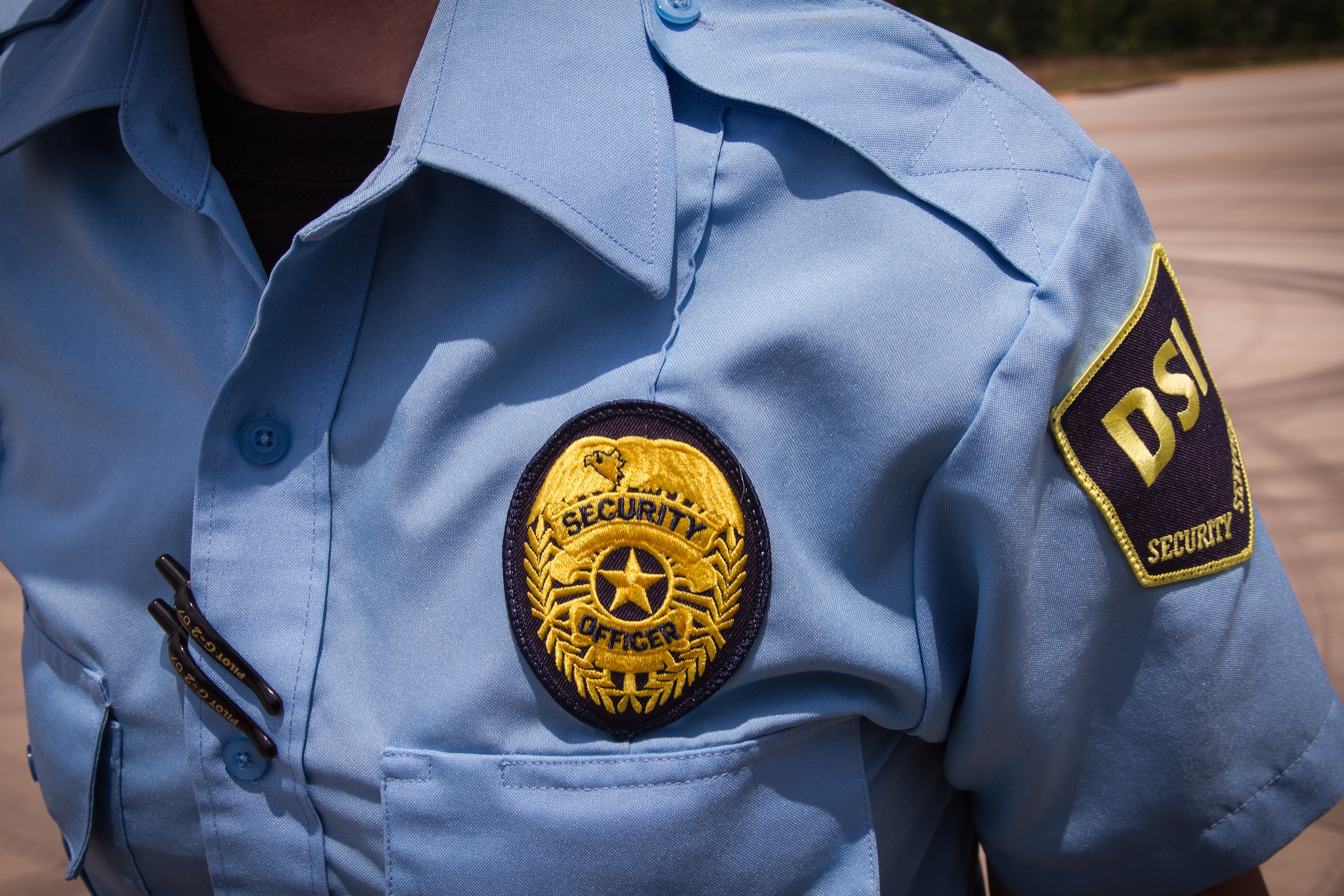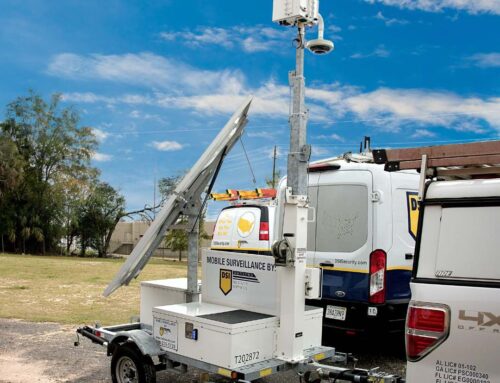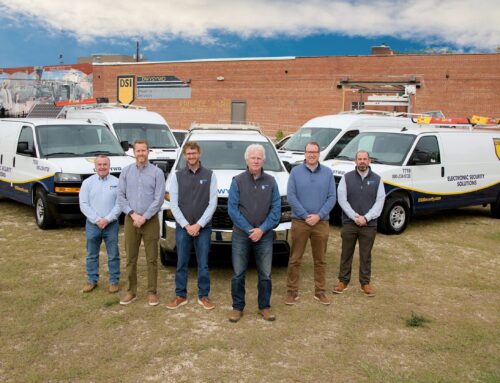More than a friendly hello!
Most of us pass security officers every day, but our interaction typically ends with a quick hello or the flashing of our badge. The officer’s day goes on well beyond that and into duties and responsibilities that many people are unaware of. We take for granted the protection of people, assets, and facilities that a security officer provides. A better understanding of the daily duties of a security officer will not only add to our appreciation for them but may help us to develop safer habits as well.
First and foremost, the security officer serves as a sentry to assist in protecting the people and assets that a company values by deterring crime and adverse behavior. Officers can meld into the daily routine of the organization and at the same time be aware of any changes to it. An officer can establish a baseline of behavior through consistent observation of trends and patterns. They seek to be able to spot an abnormality, whether it be an intruder or someone walking out with company property. Activities that most of us would not give a second thought about may stand out immediately to an officer. Of course, if you do see something unusual, a security officer is the perfect person to mention it to. Everyone can play a part in keeping an organization secure.
This consistency also has the effect of reducing incidents through mitigation. A would-be perpetrator is less likely to engage in an unlawful activity when a security officer is present and active. An officer posted at a building entrance and making regular rounds acts as a deterrent to anyone contemplating such an activity.
Activity logging is another important duty that plays a key role in a security program yet goes largely unseen. A thorough log of daily activities and observations not only serves as evidence in the investigation of an event but helps to establish protocols and procedures as well. Logs include any unusual activity and document many other items such as when areas are patrolled, doors are checked, cameras are monitored, etc. Through this documentation, officers can begin to understand where vulnerabilities may exist and work with the client to correct them.
The partnership with the client is vital to the security of an organization. Contracting with a security provider is just the beginning. The agency and the client must work together to make security protocols an accepted and understood part of the company culture. Policies must be strict enough to achieve the protection needed, but reasonable enough that they do not interfere with the business activity. The interaction of the security officer and everyone at the facility is essential for establishing and maintaining those policies.
Part of a security officer’s duties will often involve asset control. Whether in a corporate or retail setting, the loss of goods or assets can pose a significant threat not only to profitability, but to security in general. Cybersecurity is a priority in today’s environment and loss of data frequently begins with the loss of physical assets that contain sensitive information.
The welfare of employees and customers sometimes goes beyond the classic role of a security officer. During the past year, the pandemic has caused a marked change to that role with the addition of temperature screening and mask mandates. Security officers have taken on the duty of taking temperatures and enforcing mask requirements to help slow the spread of the coronavirus.
Regardless of what the requirements of a particular assignment are, training and performance reviews play an important part. Routine training not only reinforces the fundamentals, but provides current analysis of potential threats and issues. Officers are made aware of trends in workplace violence, refreshers on the basics, and even some topics that are seasonal in nature, through regular training. Incident response and de-escalation are skills that we hope are not needed but are a critical part of training as well.
Changes in management, company mergers or growth are possible concerns that officers must be informed of as well. Complacency can be the downfall of a security program and routine training helps to keep officers involved and alert.
Most of a security officer’s job is access control and patrolling, and that is all most of us ever see. We hope this brief overview of the additional duties of an officer provides a better understanding of the deeper commitment that a good security presence involves.
Feel free to smile and wave the next time you pass a security officer and know that their day involves much more than that simple interaction!







